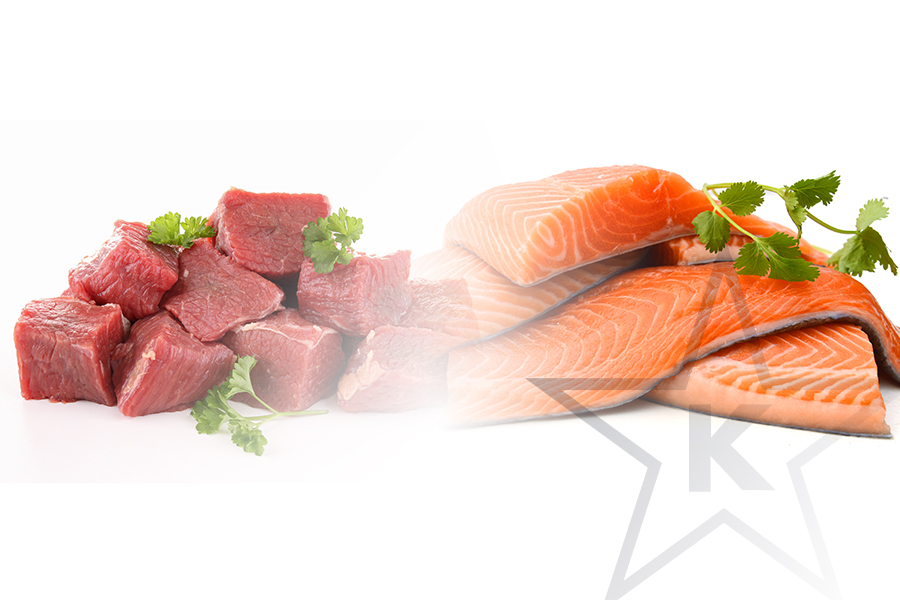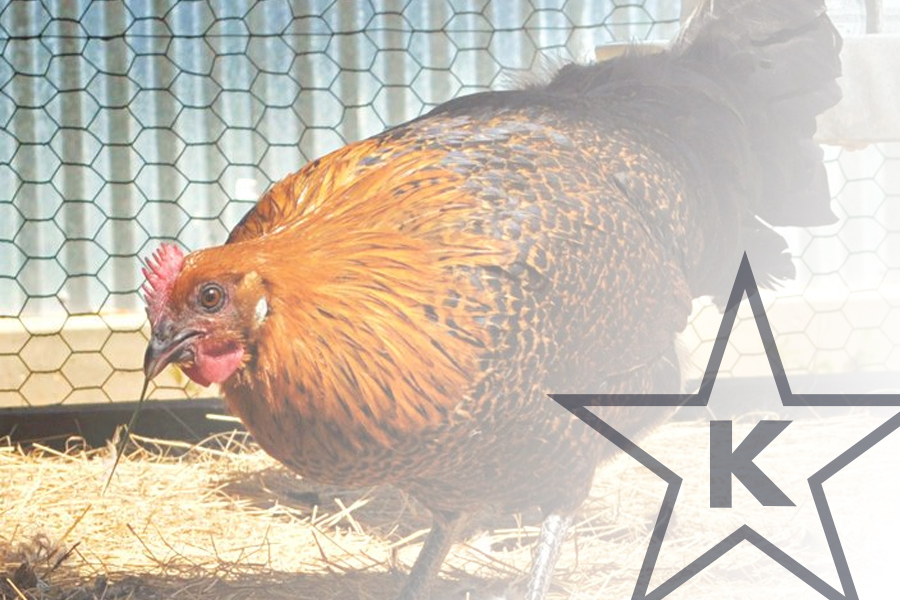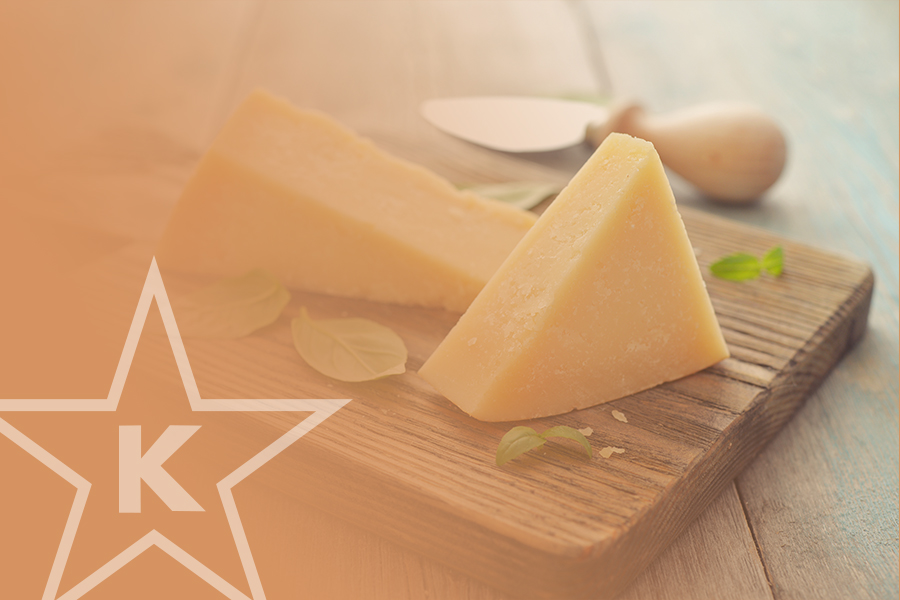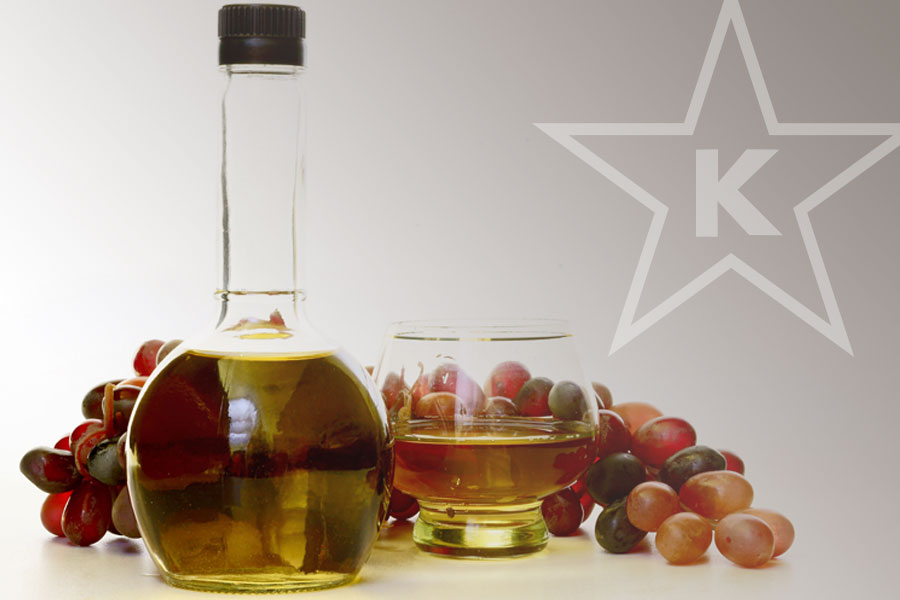Kashrus Kurrents Fall 2017
Q: What are the halachos regarding eating or cooking meat and fish together?
A: Chazal tell us that it is unhealthy to eat meat and fish together, meat which was cooked with fish, or fish which was cooked with meat.1 The Magen Avrohom suggests the possibility that people are no longer sensitive to the combination of meat and fish, and that eating this is no longer unhealthy.2 However, common practice is to avoid eating meat and fish together and not rely on the Magen Avrohom.3 Regarding this halacha, chicken has the same status as meat.4
If a person ate fish and would like to eat meat, or if he ate meat and would like to eat fish, he is required to take certain actions. The Shulchan Aruch states that he must wash his hands, but according to the Rema it is not Ashkenzai practice to do […]













 STAR-D
STAR-D STAR-S
STAR-S